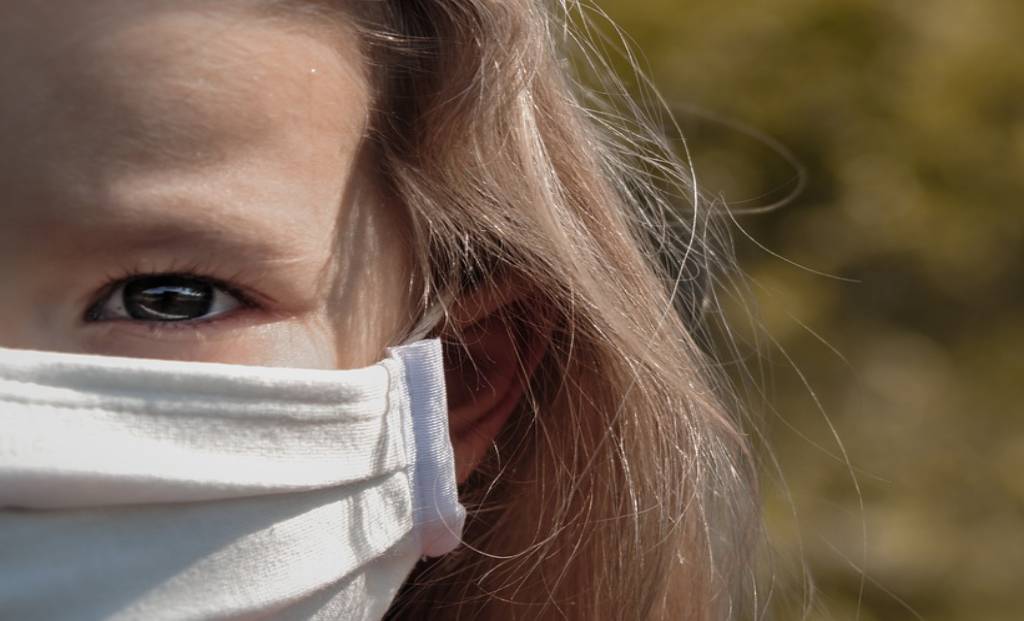COVID-19 pandemic led to serious problems not only among adults but kids also. The coronavirus-led pandemic not only induced obesity and problems related to the eyes due to online classes but has also affected bones. There is a large number of children who are complaining about foot, wrist and joint pain and are unable to do their daily activities easily. Keeping these things in mind, it is very important for parents to make sure that kids exercise regularly, have sufficient exposure to sunlight, and eat protein-rich foods. Experts have asked parents to keep a tab on the vitamin D levels of the children as per the doctor’s suggestion.
The coronavirus-led pandemic forced the government to enforce strict lockdown. As a result, most people had to stay indoors. While this minimized the risk of getting infected with the disease, it also took a toll on the bone health of a large number of children as they couldn’t play outside on playgrounds.
According to Dr Ashwani Maichand – Orthopedic Surgeon, Apollo Spectra Hospital, Delhi – there was a surge in the number of complaints about children facing discomfort because of weaker bones.
“Even before the pandemic, there was childhood inactivity. Children are often glued to mobiles and other electronic gadgets and avoid playing outside. During the pandemic, there is a surge in the number of children with weaker bones leading to tenderness or discomfort. Physical inactivity, lack of sun exposure, and a sedentary lifestyle have led to hand, foot, wrist pain in children. Children are unable to do their homework, assignments, or daily chores. This problem is seen in children in the age group of 5 to 10 years. In the past, one in 10 patients had this problem. But after the lockdown, 3 to 4 out of 10 children now have weak bones. Those with weakened bones and low bone mass will have the risk of fractures in the future leading to osteoporosis,” Dr Maichand said.
“Children should exercise regularly, get enough of vitamin D via sun exposure and eat a diet rich in calcium and proteins to maintain good musculoskeletal health. Physical activity can help increase bone mass and not exercising can decrease bone strength. Children should exercise for at least half-an-hour in the morning either on the terrace or the balcony during sunny hours. Check the vitamin D levels and take D3 supplements only after the expert’s advice. Try to opt for hot or cold packs to soothe the sore area, rest enough and avoid processed foods that can increase inflammation in the body,” the doctor added.

